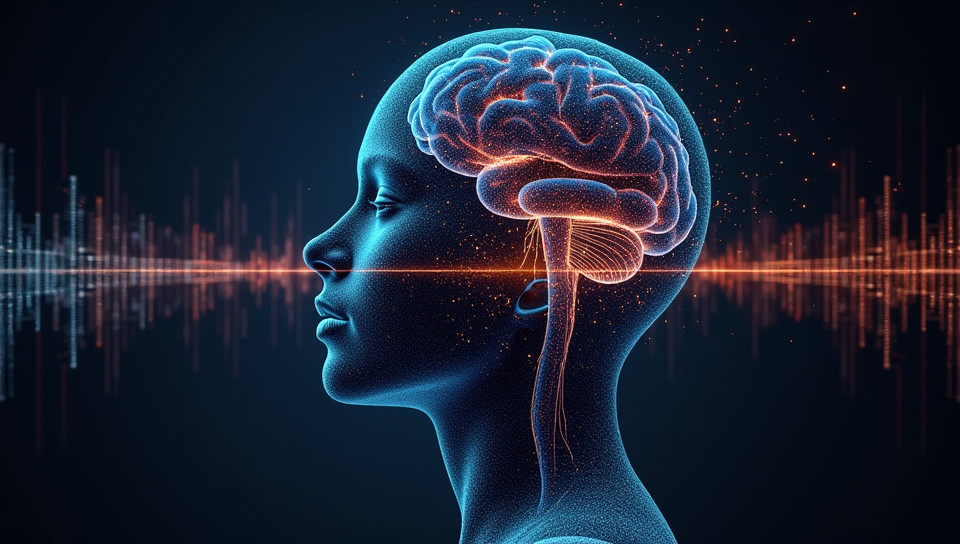Melody and rhythm processing are distinct in music cognition 72%

The Harmony of Distinction: Unpacking Melody and Rhythm Processing
Have you ever stopped to think about what makes music tick? What is it about a particular melody or rhythm that resonates with us, while another falls flat? The answer lies in the complex interplay between melody and rhythm processing in our brains. In this article, we'll delve into the fascinating world of music cognition, exploring how these two fundamental elements are processed differently by our minds.
What is Music Cognition?
Music cognition refers to the way our brains process and understand music. It's a multidisciplinary field that draws on psychology, neuroscience, music theory, and more to investigate how we perceive, remember, and respond to music. At its core, music cognition is concerned with understanding how our brains turn sound into meaning.
Melody Processing: The Language of Music
Melody processing is closely tied to language processing in the brain. Research suggests that melodies are processed in a similar way to words, with distinct phonological and syntactic components. When we hear a melody, our brains break it down into its constituent parts – pitch, contour, and structure – and use these elements to create meaning. This process is thought to involve areas of the brain responsible for language processing, such as Broca's area and Wernicke's area.
Rhythm Processing: The Beat Goes On
Rhythm processing, on the other hand, is closely tied to our sense of timing and motor control. Our brains use rhythmic cues – such as tempo, meter, and accent – to organize musical information and predict what comes next. Research has shown that rhythm processing involves a network of brain regions involved in motor planning, attention, and memory.
The Interplay Between Melody and Rhythm
While melody and rhythm processing are distinct, they interact in complex ways to create the rich tapestry of music. For example, our brains use rhythmic cues to help us follow melodies and anticipate musical events. At the same time, melodies can influence our sense of rhythm, creating a sense of expectation or surprise.
- Characteristics that distinguish melody and rhythm processing include:
- Melody: pitch, contour, structure; processed in language-related brain areas
- Rhythm: timing, meter, accent; processed in motor control and attention networks
Implications for Music Cognition
Understanding the distinct processing pathways for melody and rhythm has important implications for music cognition. For example, it suggests that musical training may have a greater impact on language skills than previously thought, while also highlighting the unique contributions of rhythm to our musical experience.
Conclusion
Melody and rhythm processing are indeed distinct in music cognition, reflecting different cognitive and neural mechanisms. By recognizing these differences, we can gain a deeper appreciation for the intricate web of processes that underlies our musical experience. Whether you're a musician, music lover, or simply someone who appreciates the beauty of sound, understanding the harmony of distinction between melody and rhythm processing is sure to enrich your relationship with music forever.
- Created by: Zion de Guzman
- Created at: Nov. 15, 2024, 2:07 p.m.
- ID: 16000









